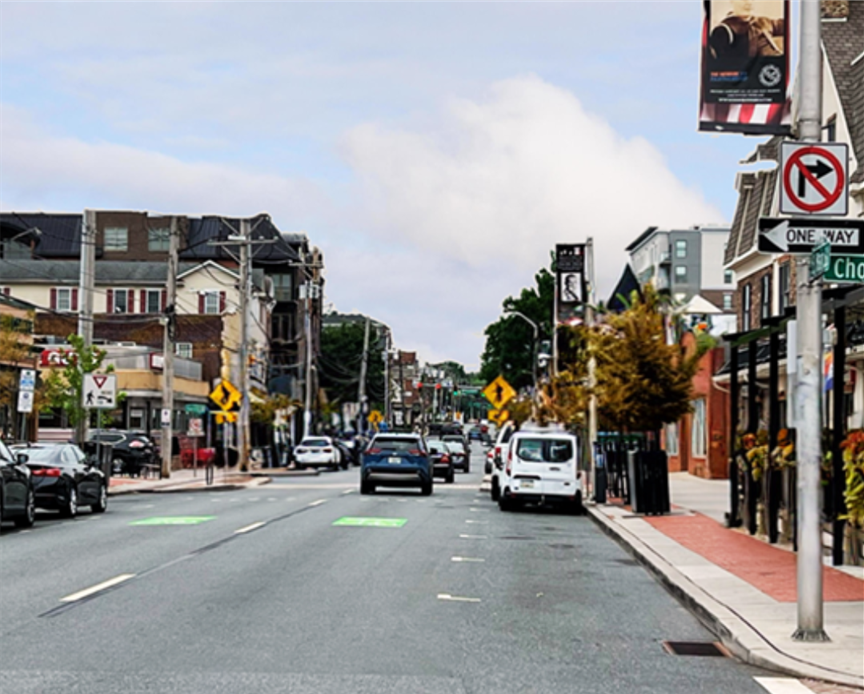Most of you are already familiar with the ways seasonal shifts can impact day-to-day operations—whether it’s changes in weather, daylight hours, student populations, holidays, or local events. These transitions are nothing new to experienced business owners, and many of you have developed strong instincts for navigating them. Still, even small seasonal and economic shifts can bring both challenges and opportunities, depending on your industry and customer base.
We know you’re the expert when it comes to your own business. What follows are just a few reminders and suggestions that might help smooth out the highs and lows that often come with seasonal change. While much of it may already be part of your routine, perhaps one or two ideas here might spark a new approach or reinforce something you’re already doing well.
Consider Tweaking Inventory or Staffing Based on the Season
A seasonal refresh of staffing and inventory strategies—however minor—can help ensure you’re aligned with current demand.
- Retailers might see shifts in customer demographics—tourists in the summer, students in the fall—so rotating in seasonal items or adjusting product displays could help meet changing demand.
- Restaurants often explore seasonal menus: think fresh, lighter fare in the summer or warm comfort foods in winter. You might also find that adjusting staff schedules based on expected traffic helps things run more smoothly.
- Service providers (like salons, fitness centers, or medical offices) might notice fluctuations tied to holidays or academic calendars. Targeted promotions or flexible scheduling could help even out appointment volume.
Seasonal Promotions and Events Can Keep Customers Engaged
Some businesses have had success creating seasonal buzz through timely events or limited-time offers.
- Hosting a small outdoor event in the summer or offering a cozy holiday special in winter might bring in new foot traffic.
- Consider loyalty rewards or special packages during slower periods—something like a “staycation” bundle or a “new year, new you” offer might resonate.
- Collaborating with neighboring businesses on themed events can also create a sense of community and shared momentum.
Keep an Eye on Shifts in Customer Behavior
Consumer habits can change more than we sometimes expect—especially with daylight, travel, or schedule changes.
- Longer days and warmer weather might mean more people out and about, while colder months could shift interest to indoor services or evening hours.
- Vacation and travel patterns might mean fewer locals at certain times, but also more out-of-town visitors. Marketing accordingly could make a difference.
- And with work and school schedules fluctuating, it might be worth experimenting with different open hours or appointment slots to better match customer availability.
Use the Off-Season to Recharge or Try Something New
If your business experiences a slower season, that might be a great time to step back and do some behind-the-scenes work.
- Some take the opportunity to train staff, refresh marketing materials, or even do small renovations or upgrades.
- Others test out new offerings—whether that’s expanding delivery, adding an online shop, or piloting a new service that fits the season.
- Getting involved in local events or sponsoring a seasonal initiative can also boost visibility and reinforce community connections.
Every business is unique, and there’s no one-size-fits-all approach to navigating the seasons. But with a little flexibility and some thoughtful planning, seasonal transitions can become opportunities instead of hurdles. As always, we’re here to support you however we can and are happy to share ideas, connections, or resources if they’re ever helpful.




